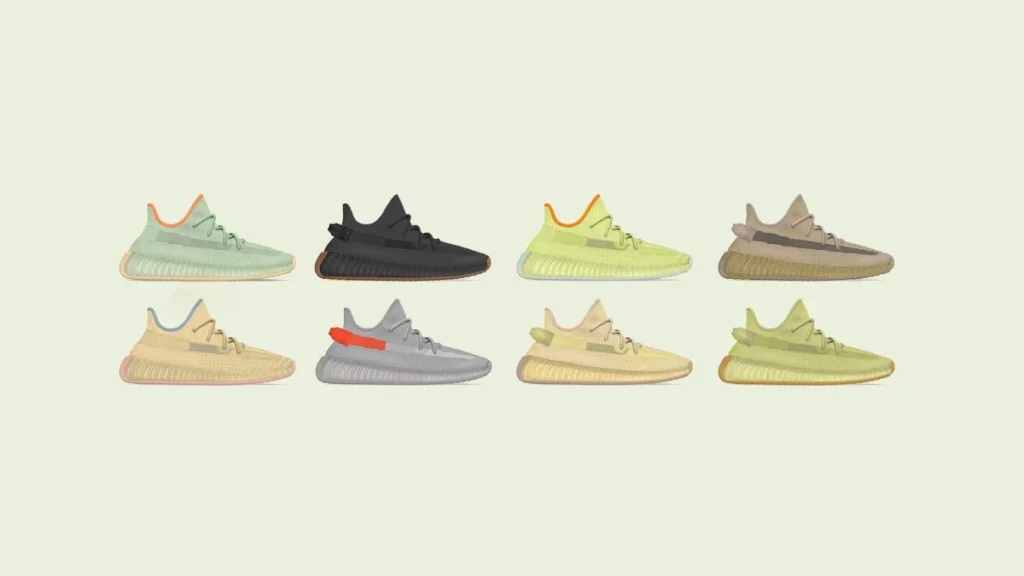Richemont has announced “further progress” in its talks with Farfetch to create “a neutral, industry-wide platform.” In a statement on Friday, the Swiss luxury goods group revealed that the scope of the current discussions includes, in part, Farfetch investing directly in YOOX NET-A-PORTER as a minority shareholder, with other investors to be invited to participate alongside, and Richemont maisons – which include Cartier, Alaia, Van Cleef & Arpels, Chloe, Baume & Mercier, and Piaget, among others – joining the Farfetch marketplace. Richemont further stated that “other industry players and investors have already indicated their interest in investing in YNAP alongside Richemont and Farfetch,” with the ultimate objective being that YNAP serves as “a neutral platform, with no controlling shareholders.”
The statement from Richemont – which also floats the possibility of YNAP leveraging Farfetch Platform Solutions to support its ongoing transition to a hybrid 1P/3P business model, and Richemont Maisons leveraging Farfetch technology to accelerate their Luxury New Retail developments – comes almost exactly a year after the revelation of a $1.15 billion deal between Richemont, Chinese e-commerce titan Alibaba, and fashion retail platform Farfetch, with Richemont and Alibaba confirming in November 2020 that they would invest a total of $1.1 billion in Farfetch and its new venture specifically tailored to the Chinese market. In addition to the focus on China, the headline-making deal played to two existing but ever-accelerating trends in fashion/luxury in light of the COVID-19 pandemic: the rampant adoption of e-commerce by notoriously digitally-averse high fashion and luxury brands, and an enduring consolidation of players in the upper echelon of the industry.
And still yet, as TFL reported at the time, a close read between the lines of the parties’ “global strategic partnership” – paired with additional factors, including Farfetch’s quest for profitability, and for leadership in the global online luxury goods space, something a merger (and the corresponding consolidation) would certainly help it to achieve – seemed to suggest that the deal could be the first part of a larger multi-step transaction between the parties, namely, a potential move by Richemont to sell off a stake in YNAP to Farfetch.
Late last year, Richemont chairman Johann Rupert shot down predictions that the Richemont-Alibaba-Farfetch deal – one that he confirmed was not initiated by Richemont – was a preliminary step in a takeover of London-based Farfetch by Richemont. He did not, however, deny that it was the first phase of a potential spin off of control of YNAP to Farfetch. (Much more about that here.)
Following what TFL’s sources called a touch-and-go period earlier this year between the Richemont and Farfetch camps in connection with a potential merger, and following a reported Richemont-initiated halt in negotiations that carried on for much of the summer, Richemont stated on Friday that it “continues to work with Farfetch towards definitive agreements and will provide an update in due course, if and when appropriate.” Until then, the group notes that “there can be no certainty that the discussions will lead to definitive agreements, nor as to the timing or terms of any transaction.” And of course, “any transaction would be subject to the receipt of clearances from relevant anti-trust authorities.”
With a deal seemingly having been in the works for roughly a year now, Richemont can likely shake of the inevitable assertions that a deal with Farfetch is related to recent reports of activist pressure, namely from Dan Loeb and Third Point Management. It was revealed this week that Mr. Loeb has built up a stake in Richemont and is arguing that there is “significant unrecognized value” in the group.
As for what could stand in the way of the culmination of a deal between Richemont and Farfetch, TFL posited in October that there could be a potential clash at play between the two strong personalities that are Mr. Rupert and Farfetch founder Jose Neves. The former – a shrewd businessman who took his father’s South African tobacco business and turned it into the second-largest luxury goods company in the world following only behind LVMH – has been hailed as the current “kingmaker” of the luxury goods space, per Bloomberg, as he holds the cards in “what could be the final luxury consolidation game.”
Meanwhile, Mr. Neves – who has been credited with helping to bring about a “paradigm shift” in luxury shopping – is an aggressive brand builder in his own right, which could make for something of a conflict between the two dealmakers.
Richemont shares were up 8 percent on Friday, although it is not clear whether the boost is from news of a deal with Farfetch or in response to the groups’ revenue report for the first half of the year, during which it generated 8.9 billion euros ($10.21 billion) in sales, an increase of 65 percent on a year-over-year basis. Driving its H1 results are “strong double-digits across all business areas, channels and regions compared to the prior-year period,” including triple-digit growth in the Americas,”substantial double-digit growth” in the other regions, and “significant improvements” across all business areas, led by the Jewelry Maisons and Specialist Watchmakers.
In a statement, Mr. Rupert said that Richemont has delivered “an excellent set of results in the first six months of the financial year; a period marked by a volatile but improving ‘post-vaccination’ environment.” He asserted that these results “demonstrate the strength of our business model and the benefits of patient long term capital,” noting that H1 sales were 20 percent higher than the pre-pandemic levels of the six-month period ended September 30, 2019.











